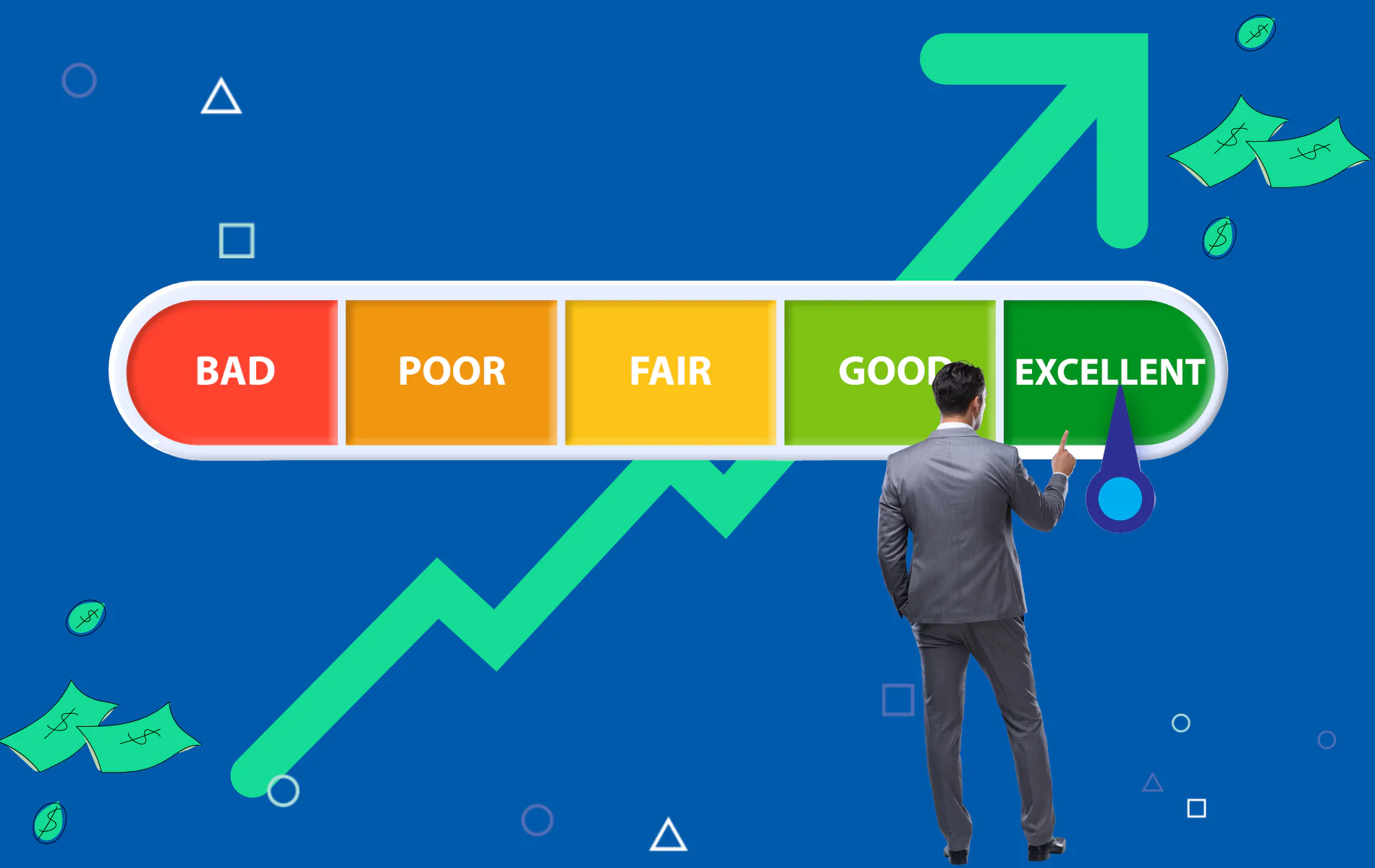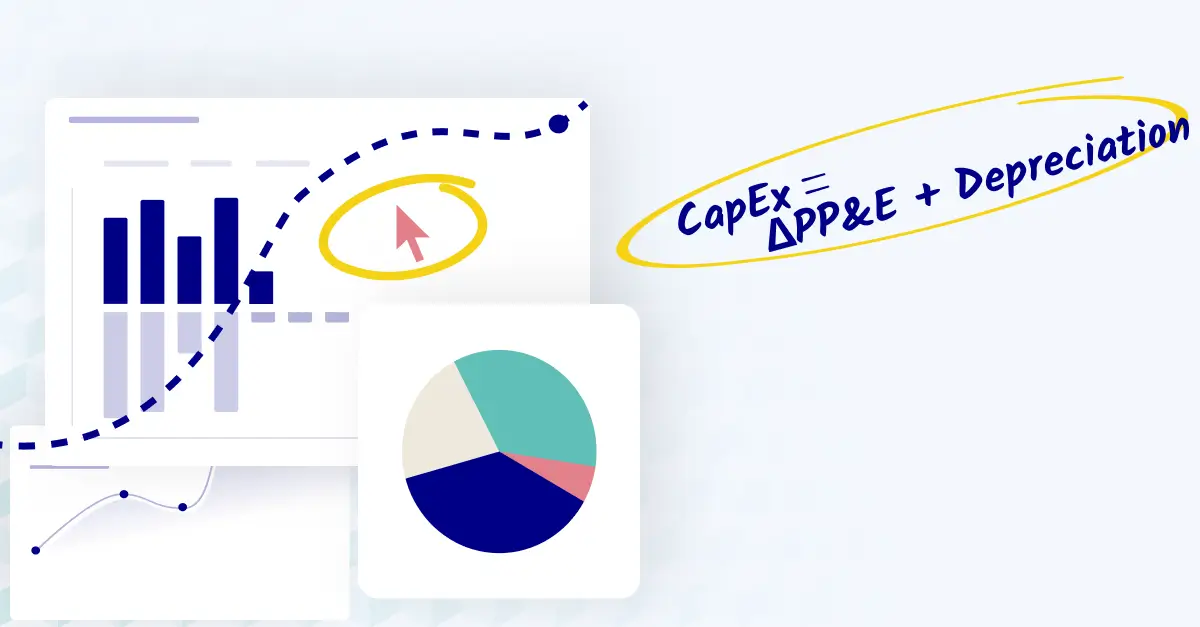Improving your credit score quickly is crucial if you’re looking to qualify for better loan terms, lower interest rates, or just want to enhance your overall financial health. Here are some actionable steps to help you boost your credit score fast.
1. Check Your Credit Report for Errors
Review Your Report: Obtain your free credit report from major credit bureaus (Experian, Equifax, and TransUnion) to check for any errors or discrepancies.
Dispute Mistakes: If you find any inaccuracies, such as incorrect account information or late payments that weren’t actually late, dispute them with the credit bureau. Correcting errors can quickly improve your credit score.
2. Pay Down High Credit Card Balances
Reduce Credit Utilization: Your credit utilization ratio (the amount of credit you’re using compared to your credit limit) significantly impacts your score. Aim to keep your utilization below 30%, and ideally under 10%, to maximize your score.
Target High-Interest Debt First: Focus on paying down high-interest credit card balances first, as they contribute the most to your credit utilization.
3. Make Payments On Time
Set Up Payment Reminders: Ensure you never miss a payment by setting up reminders or automating your payments.
Pay Bills Early: If possible, pay your credit card bill before the due date to lower your credit utilization before the statement closing date, which can give your score a quick boost.
4. Become an Authorized User
Leverage Someone Else’s Good Credit: Ask a family member or trusted friend with a high credit score and good payment history to add you as an authorized user on their credit card. This can quickly add positive payment history to your credit report.
Ensure Low Utilization: Make sure the primary cardholder keeps their credit utilization low, as this will reflect positively on your credit report.
5. Request a Credit Limit Increase
Increase Available Credit: Contact your credit card issuers to request a credit limit increase. By increasing your available credit while maintaining the same spending level, you lower your credit utilization ratio, which can lead to a higher credit score.
Avoid Hard Inquiries: When requesting an increase, ask if it will result in a hard inquiry on your credit report, as too many hard inquiries can negatively affect your score.
6. Consolidate Debt
Simplify Payments: Consider consolidating multiple high-interest debts into a single loan with a lower interest rate. This not only simplifies your payments but can also reduce your overall credit utilization.
Avoid New Credit: While consolidating debt can be helpful, avoid opening too many new accounts in a short period, as this can temporarily lower your score.
7. Use a Secured Credit Card
Rebuild Credit: If you have a low credit score or no credit history, consider using a secured credit card. Make small purchases and pay off the balance in full each month to build positive credit history.
Upgrade Over Time: After consistently using the secured card responsibly, ask your issuer to upgrade you to an unsecured card, which can further boost your score.
8. Add Rental Payments to Your Credit Report
Report Rent Payments: Some services allow you to report your rent payments to credit bureaus, which can positively impact your credit score if you consistently pay on time.
Check with Your Landlord: Ask your landlord if they can report your rental payments to the credit bureaus or use a rent-reporting service to do so.
9. Keep Old Accounts Open
Maintain Account Age: The length of your credit history contributes to your credit score. Even if you no longer use an old credit card, keeping it open (and not using it) can help maintain a longer average account age.
Avoid Closing Accounts: Closing old accounts can hurt your credit utilization ratio and reduce the length of your credit history, potentially lowering your score.
10. Diversify Your Credit Mix
Add Different Types of Credit: If you only have credit cards, consider adding a different type of credit, like an installment loan (e.g., car loan or personal loan), to improve your credit mix, which can positively impact your score.
Manage New Credit Responsibly: Be careful not to take on more credit than you can handle, as missed payments or high utilization on new accounts can negate the benefits of a diversified credit mix.
By following these steps, you can improve your credit score quickly and set yourself on the path to better financial opportunities. Regularly monitoring your credit and practicing responsible financial habits will help you maintain a strong credit score in the long run.









